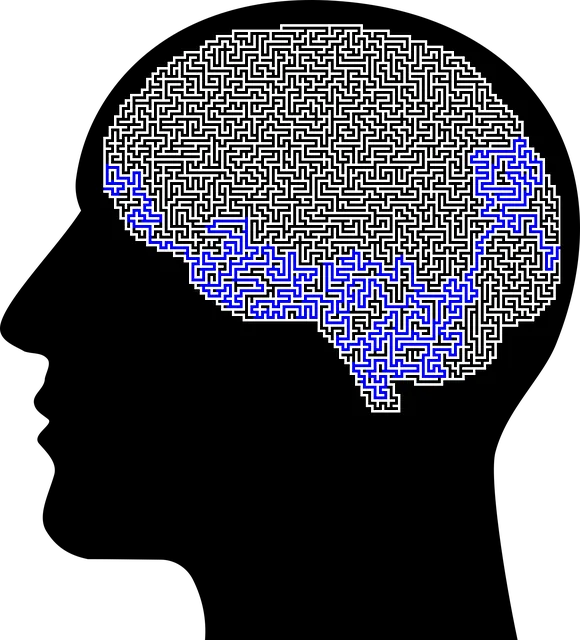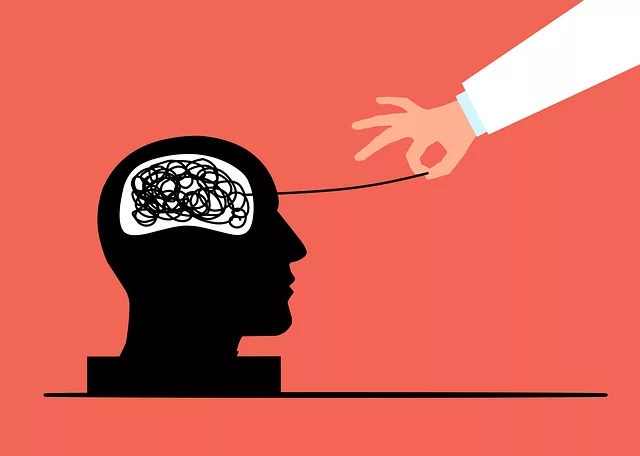Navigating mental health treatment with Kaiser Permanente Norcal Littleton involves personalized steps from recognizing symptoms to consulting professionals. Using tools like the DSM-5, diagnoses are made, followed by tailored treatment plans combining therapies and medications. The dedicated mental health phone line offers immediate support, guiding members through assessments, therapy types, and specialized programs like trauma support. This holistic approach, integrating the Littleton method, empowers patients with strategies for recovery, resilience building, and well-being management, accessible via the Kaiser Permanente mental health phone number Norcal.
Mental illness diagnosis and treatment navigation can be a complex, daunting journey. This comprehensive guide aims to illuminate key aspects of this process, focusing on resources like Kaiser Permanente Norcal’s treatment options and their dedicated Mental Health Hotline. We also explore Littleton’s regional approach to mental health care, emphasizing recovery-focused strategies. Understanding the diagnosis process and available support is crucial for navigating your mental health journey effectively. Connect with resources like the Kaiser Permanente mental health phone number Norcal to ensure you receive the best care possible.
- Understanding Mental Illness Diagnosis: A Comprehensive Guide
- Navigating Treatment Options: What to Expect from Kaiser Permanente Norcal
- The Role of Phone Support: Kaiser Permanente Mental Health Hotline
- Littleton's Approach to Mental Health Care: A Regional Focus on Recovery
Understanding Mental Illness Diagnosis: A Comprehensive Guide

Understanding mental illness diagnosis involves a multifaceted approach, as each individual’s experience is unique. The process typically begins with recognizing symptoms and seeking professional help. Organizations like Kaiser Permanente Norcal Littleton offer comprehensive mental health services, including assessment and evaluation by qualified healthcare providers. They provide a safe space for individuals to discuss their experiences, fears, and concerns without judgment.
A proper diagnosis relies on thorough evaluations using recognized tools and criteria from resources such as the Diagnostic and Statistical Manual of Mental Disorders (DSM-5). This manual is a guide used by mental health professionals worldwide to classify and diagnose mental disorders. Once diagnosed, a tailored treatment plan can be designed, encompassing various therapies, medications, or a combination of both. The Kaiser Permanente mental health phone number serves as a crucial resource for individuals seeking guidance, ensuring better access to care and supporting those navigating their mental health journeys.
Navigating Treatment Options: What to Expect from Kaiser Permanente Norcal

Navigating treatment options can be a daunting task for individuals seeking mental health support. Kaiser Permanente Norcal offers a comprehensive array of services designed to assist members in finding the right care pathway. When reaching out to the Kaiser Permanente mental health phone number Norcal, individuals can expect dedicated professionals who will guide them through available options. This includes assessments, therapy, medication management, and specialized programs tailored to specific needs, such as trauma support services and inner strength development.
The organization prioritizes patient-centered care, ensuring that treatment plans align with individual goals and preferences. Through collaborative consultations, patients can learn about various therapeutic approaches, including evidence-based practices for managing anxiety, depression, and other common mental health conditions. By combining advanced medical expertise with compassionate support, Kaiser Permanente Norcal aims to empower individuals to take control of their mental well-being, fostering resilience through effective conflict resolution techniques and holistic healing strategies.
The Role of Phone Support: Kaiser Permanente Mental Health Hotline

For those navigating the complexities of mental health issues, the Kaiser Permanente Mental Health Hotline offers a beacon of support. This dedicated phone line, serving both Norcal and Littleton regions, provides immediate access to expert guidance and resources tailored to individual needs. Trained professionals offer not just information but also empathy, ensuring individuals feel heard and understood during their time of need.
Beyond direct assistance, the hotline serves as a gateway to various services, including referral to therapists, psychologists, and psychiatrists. It also promotes self-care strategies like Stress Management Workshops Organization sessions that teach valuable emotional regulation techniques and effective stress reduction methods. This holistic approach empowers individuals to take proactive steps towards their mental well-being, offering a supportive hand in their journey towards recovery.
Littleton's Approach to Mental Health Care: A Regional Focus on Recovery

In the Bay Area, Kaiser Permanente Norcal stands out for its regional approach to mental health care, drawing inspiration from the renowned Littleton model. This strategy places a strong emphasis on recovery and holistic healing. The program is designed to support individuals not just in managing symptoms but also in rebuilding resilience and fostering a sense of well-being.
By integrating various services such as Trauma Support, Resilience Building workshops, and Mindfulness Meditation sessions, Kaiser Permanente Norcal offers a comprehensive solution tailored to the unique needs of its community. This regional focus ensures that patients receive personalized care that addresses not just their mental health challenges but also promotes long-term recovery and improved quality of life.
In navigating the complex landscape of mental illness diagnosis and treatment, resources like the Kaiser Permanente Mental Health Hotline (for inquiries related to Kaiser Permanente mental health phone number Norcal) play a pivotal role. Additionally, understanding regional variations in care, such as Littleton’s focus on recovery, offers tailored support. By combining comprehensive guides, like “Understanding Mental Illness Diagnosis,” with accessible services and localized approaches, individuals can find their path to improved mental well-being. These integrated resources underscore the importance of holistic mental health navigation assistance.






